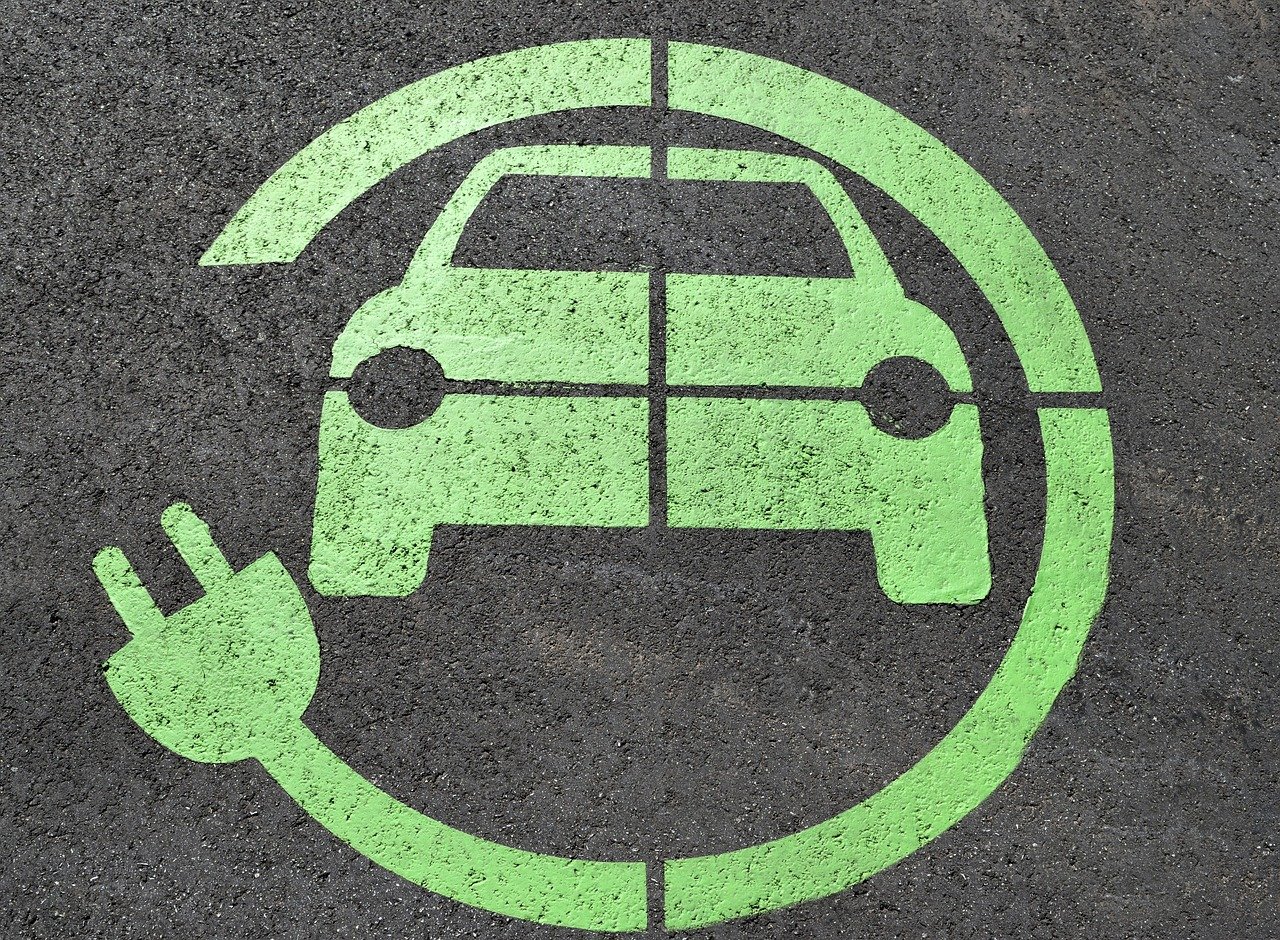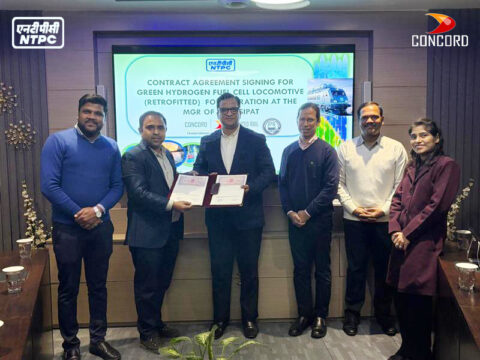As Indians begin to dream of owning a Tesla with the Electric Vehicle (EV) giant´s entry into Indian markets, the EV game in India is getting interesting.
According to the Energy Storage Association in India (IESA), EV sales in India went up to 3.8 lakh units in 2019-20. The electric scooters sold the most in the entire segment last fiscal. The EV battery market in India was at US$ 520 million in 2018 and is forecasted to grow at a CAGR of 30% till 2026.
While this proves India´s growing consciousness in matters of environment protection, startups and government, both have shown initiative. The Faster Adoption and Manufacture of Electric Vehicles (FAME) initiative and set up of 2,636 charging stations in 62 cities across India are sure to boost the EV ecosystem.
Read more: {Startup Watch: Ather Energy} An EV Scooter So Swanky You Want to Go Green
The introduction of progressive policies and incentives by like the FAME 2 subsidy and offering income tax rebates on the purchase has led to an increase in consumer demand for EVs in India. We are also witnessing the growth of the EV Industry in terms of companies launching high-quality and well performing new products in the market.
However, the industry does still require policy support.
Tarun Mehta, Co-Founder and CEO of Ather Energy says for manufacturers, one of the key challenges on investments in the sector is the concerns regarding GST inverted duty structure.

Tarun Mehta
In order to minimize working capital blockage, the government should look at extending end-use-based benefits to the EV industry
“In order to minimize working capital blockage, the government should look at extending end-use-based benefits to the EV industry like lowering GST rates on raw materials, allowing inverted duty refunds for research and development and capital expenditure. Especially for startups like ours in their growth phase, offsetting inputs on such major expenses without being GST profitable is a big challenge,” he says.
The EV startup ecosystem also sees a need for banking institutions to come up with innovative financial products for EV purchases.
“Startups in their growth phase suffer from lack of options on debt financing, thereby increasing finance cost burden. From an operational perspective, we are closely following the Production-linked incentive (PLI) scheme and we look forward to more progressive schemes designed for OEMs,” he adds.












